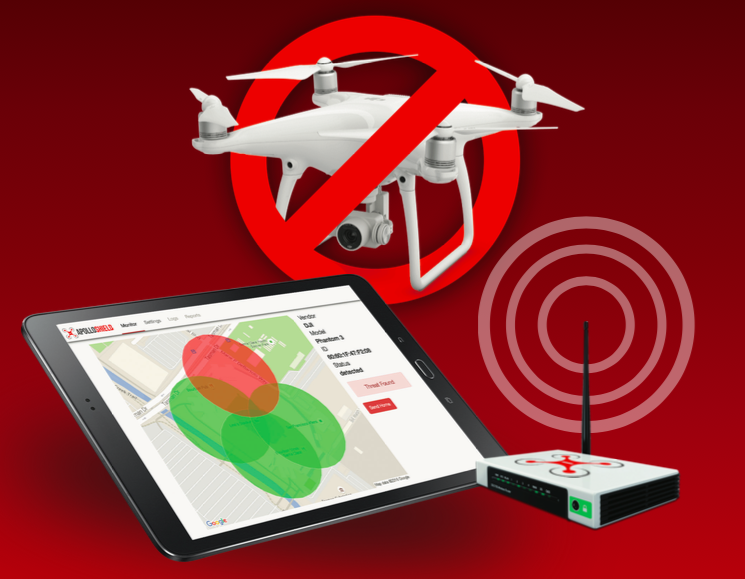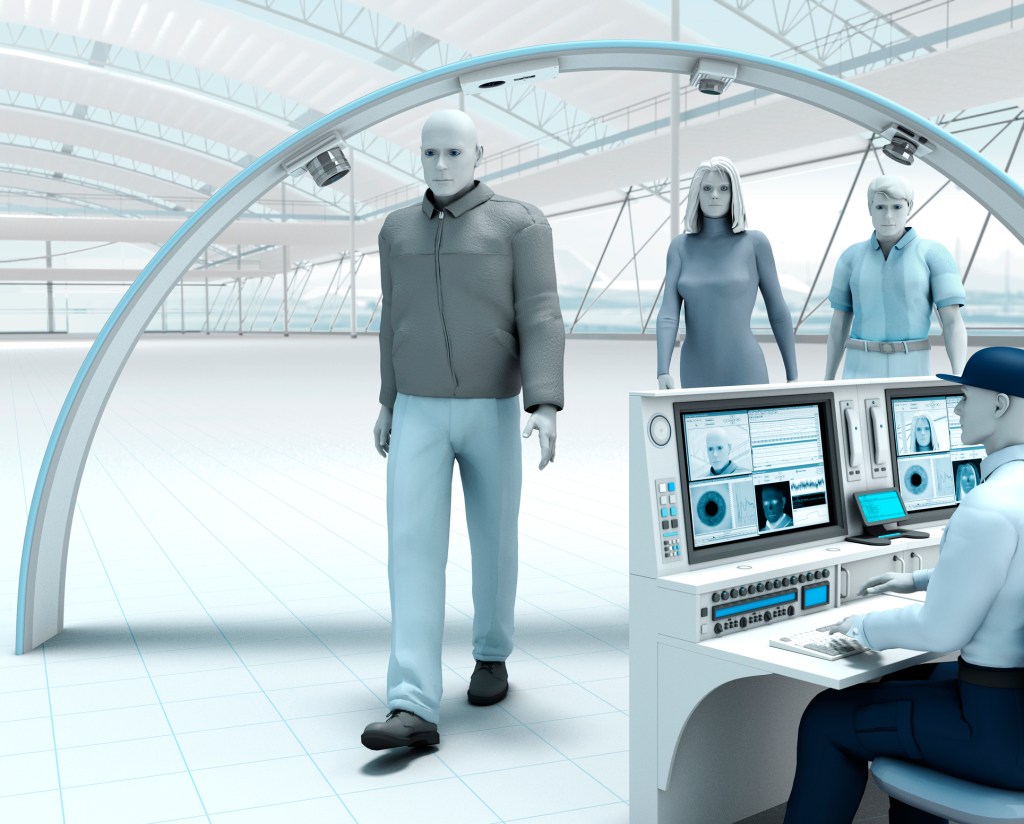Matt Ocko
We all see the headlines nearly every day. A drone disrupting the airspace in one of the world’s busiest airports, putting aircraft at risk (and inconveniencing hundreds of thousands of passengers) or attacks on critical infrastructure. Or a shooting in a place of worship, a school, a courthouse. Whether primitive (gunpowder) or cutting-edge (unmanned aerial vehicles) in the wrong hands, technology can empower bad actors and put our society at risk, creating a sense of helplessness and frustration.
Current approaches to protecting our public venues are not up to the task, and, frankly appear to meet Einstein’s definition of insanity: “doing the same thing over and over and expecting a different result.” It is time to look past traditional defense technologies and see if newer approaches can tilt the pendulum back in the defender’s favor. Artificial Intelligence (AI) can play a critical role here, helping to identify, classify and promulgate counteractions on potential threats faster than any security personnel.
Using technology to prevent violence, specifically by searching for concealed weapons has a long history. Alexander Graham Bell invented the first metal detector in 1881 in an unsuccessful attempt to locate the fatal slug as President James Garfield lay dying of an assassin’s bullet. The first commercial metal detectors were developed in the 1960s. Most of us are familiar with their use in airports, courthouses and other public venues to screen for guns, knives and bombs.
However, metal detectors are slow and full of false positives – they cannot distinguish between a Smith & Wesson and an iPhone. It is not enough to simply identify a piece of metal; it is critical to determine whether it is a threat. Thus, the physical security industry has developed newer approaches, including full-body scanners – which are now deployed on a limited basis. While effective to a point, the systems in use today all have significant drawbacks. One is speed. Full body scanners, for example, can process only about 250 people per hour, not much faster than a metal detector. While that might be okay for low volume courthouses, it’s a significant problem for larger venues like a sporting arena.

Fortunately, new AI technologies are enabling major advances in physical security capabilities. These new systems not only deploy advanced sensors to screen for guns, knives and bombs, they get smarter with each screen, creating an increasingly large database of known and emerging threats while segmenting off alarms for common, non-threatening objects (keys, change, iPads, etc.)
As part of a new industrial revolution in physical security, engineers have developed a welcomed approach to expediting security screenings for threats through machine learning algorithms, facial recognition, and advanced millimeter wave and other RF sensors to non-intrusively screen people as they walk through scanning devices. It’s like walking through sensors at the door at Nordstrom, the opposite of the prison-like experience of metal detectors with which we are all too familiar. These systems produce an analysis of what someone may be carrying in about a hundredth of a second, far faster than full body scanners. What’s more, people do not need to empty their pockets during the process, further adding speed. Even so, these solutions can screen for firearms, explosives, suicide vests or belts at a rate of about 900 people per hour through one lane.
Using AI, advanced screening systems enable people to walk through quickly and provide an automated decision but without creating a bottleneck. This volume greatly improves traffic flow while also improving the accuracy of detection and makes this technology suitable for additional facilities such as stadiums and other public venues such as Lincoln Center in New York City and the Oakland airport.

So much for the land, what about the air? Increasingly drones are being used as weapons. Famously, this was seen in a drone attack last year against Venezuelan president Nicolas Maduro. An airport drone incident drew widespread attention when a drone shut down Gatwick Airport in late 2018 inconveniency stranded tens of thousands of people.
People are rightly concerned about how easy it is to get a gun. Drones are also easy to acquire and operate, and quite difficult to monitor and to defend against. AI is now being deployed to prevent drone attacks, whether at airports, stadiums, or critical infrastructure. For example, new AI-powered radar technology is being used to detect, classify, monitor and safely capture drones identified as dangerous.
Additionally, these systems use can rapidly develop a map of the airspace and effectively create a security “dome” around specific venues or areas. These systems have an integration component to coordinate with on-the-ground security teams and first responders. Some even have a capture drone to incarcerate a suspicious drone. When a threatening drone is detected and classified by the system as dangerous, the capture drone is dispatched and nets the invading drone. The hunter then tows the targeted drone to a safe zone for the threat to be evaluated and if needed, destroyed.
While there is much dialogue about the potential risk of AI affecting our society, there is also a positive side to these technologies. Coupled with our best physical security approaches, AI can help prevent violent incidents.































Comment